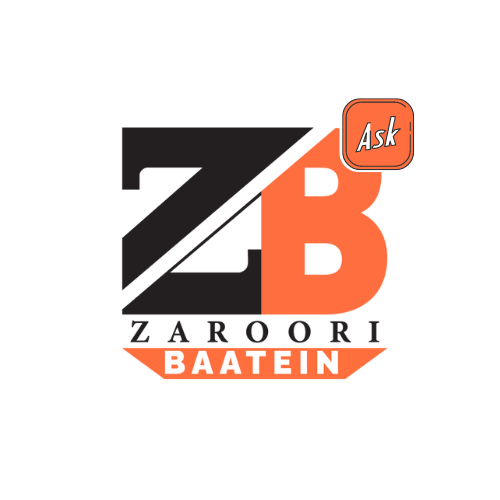One of the most overlooked strategies for improving academic performance is the use of high-quality reference materials from previous coursework. These aren’t just old documents to skim through—they can serve as detailed maps showing how to structure responses, apply theories, and meet marking criteria effectively. Many students mistakenly focus only on reading textbooks or attending lectures without studying how theory is implemented in practical academic writing.
Looking at past assignment solutions can reveal common patterns: how introductions are framed, how evidence is presented and integrated, and what kind of language is considered appropriate for different types of assignments. This is especially helpful in disciplines like business, law, or science, where structured argumentation and technical accuracy are key.
However, it’s important to use such materials ethically. Rather than copying, students should analyse them to understand formatting, structure, argument development, and citation techniques. This reflective approach helps in mastering not just the subject matter but the academic communication required to present it effectively. When used wisely, this can be one of the most valuable tools for consistent improvement across multiple courses.

1 Answer